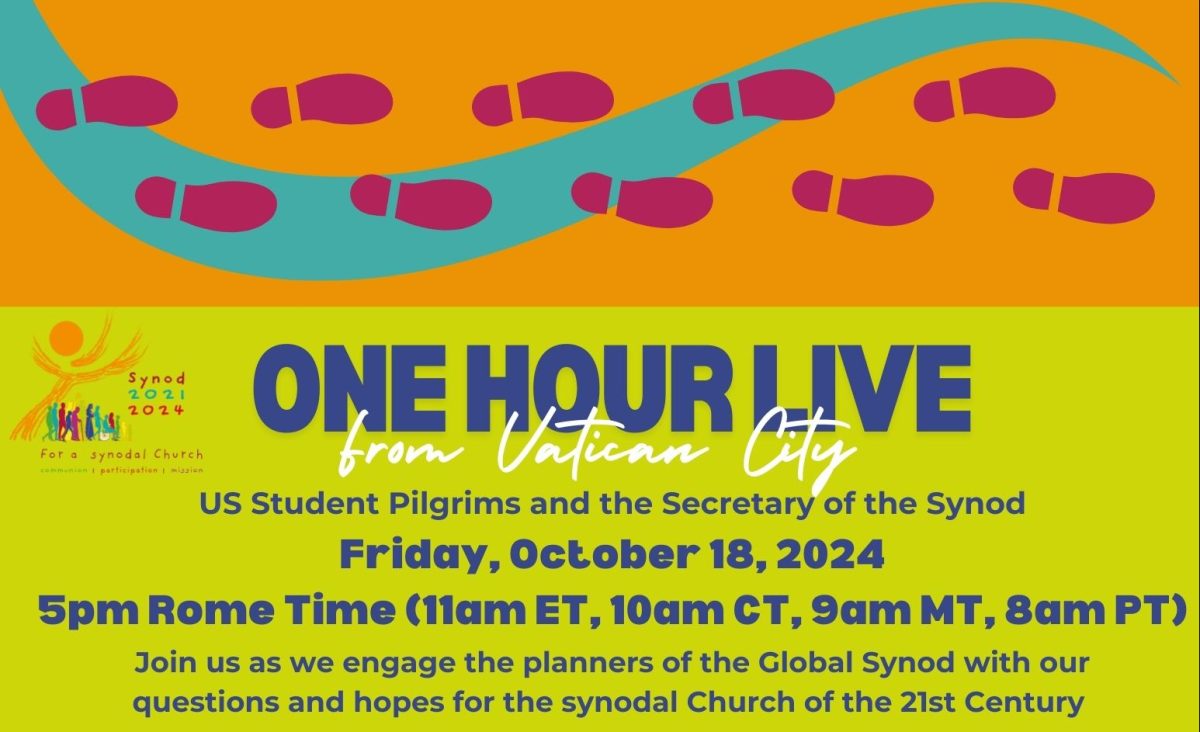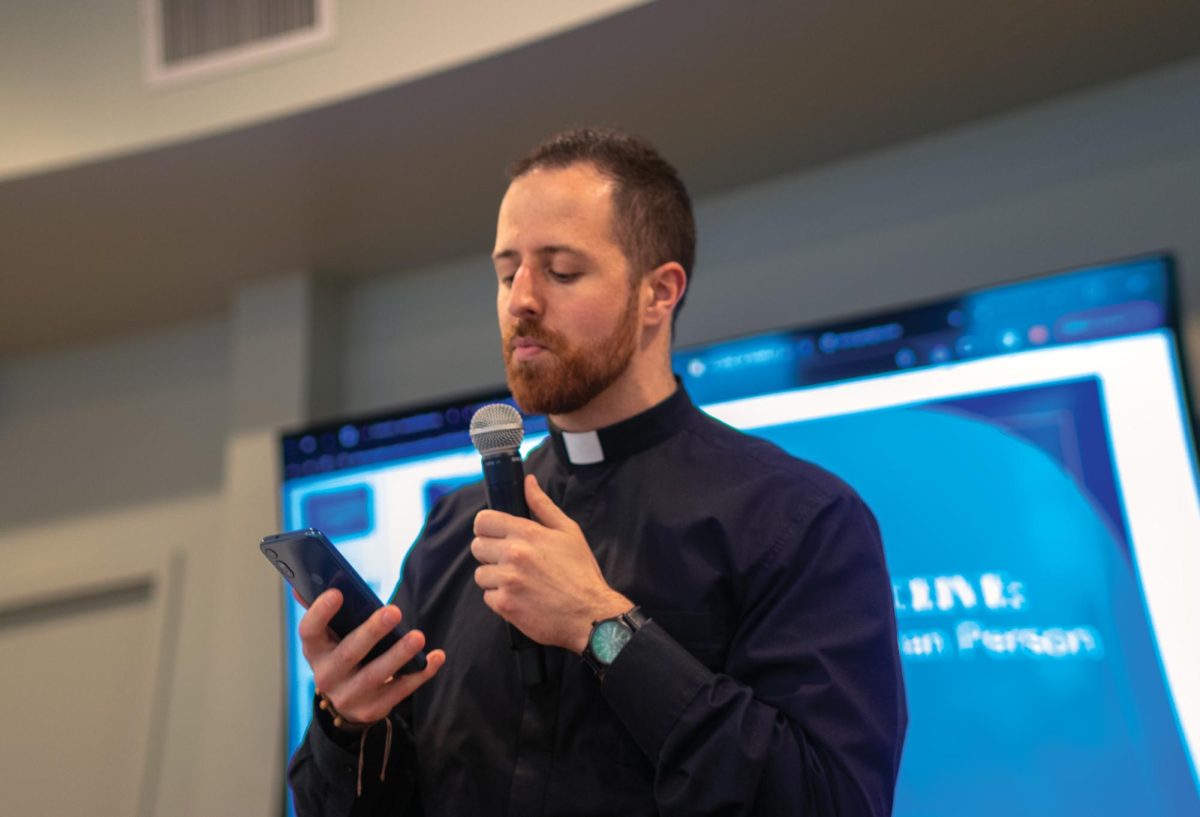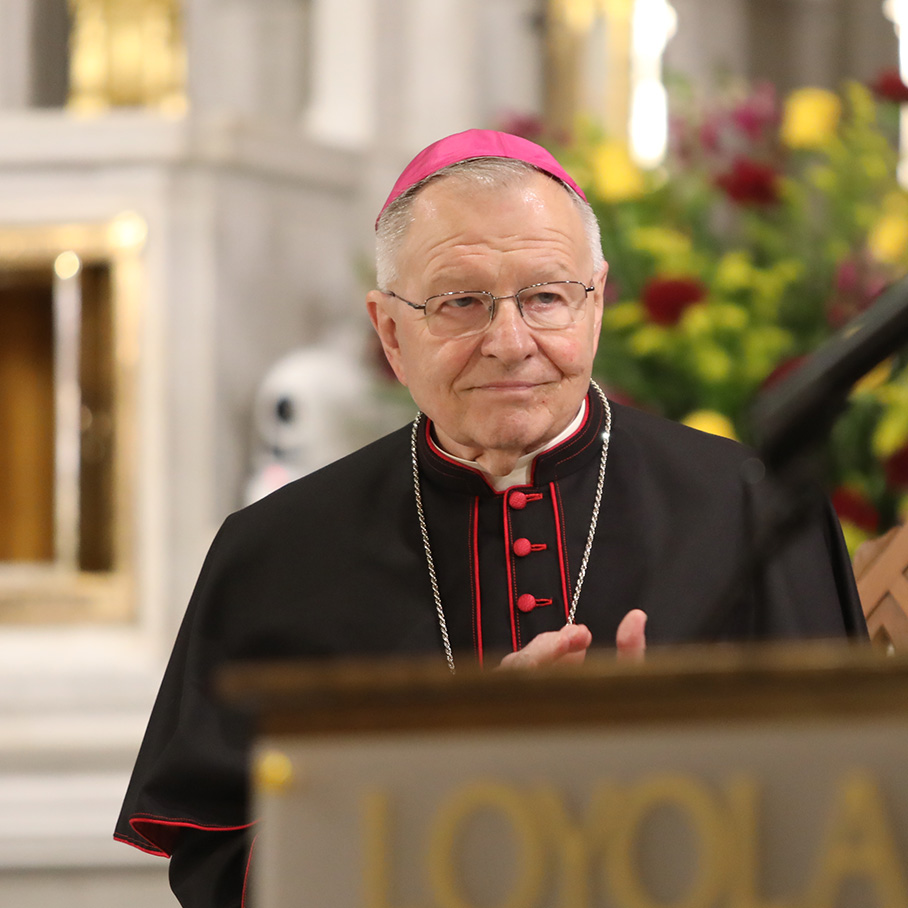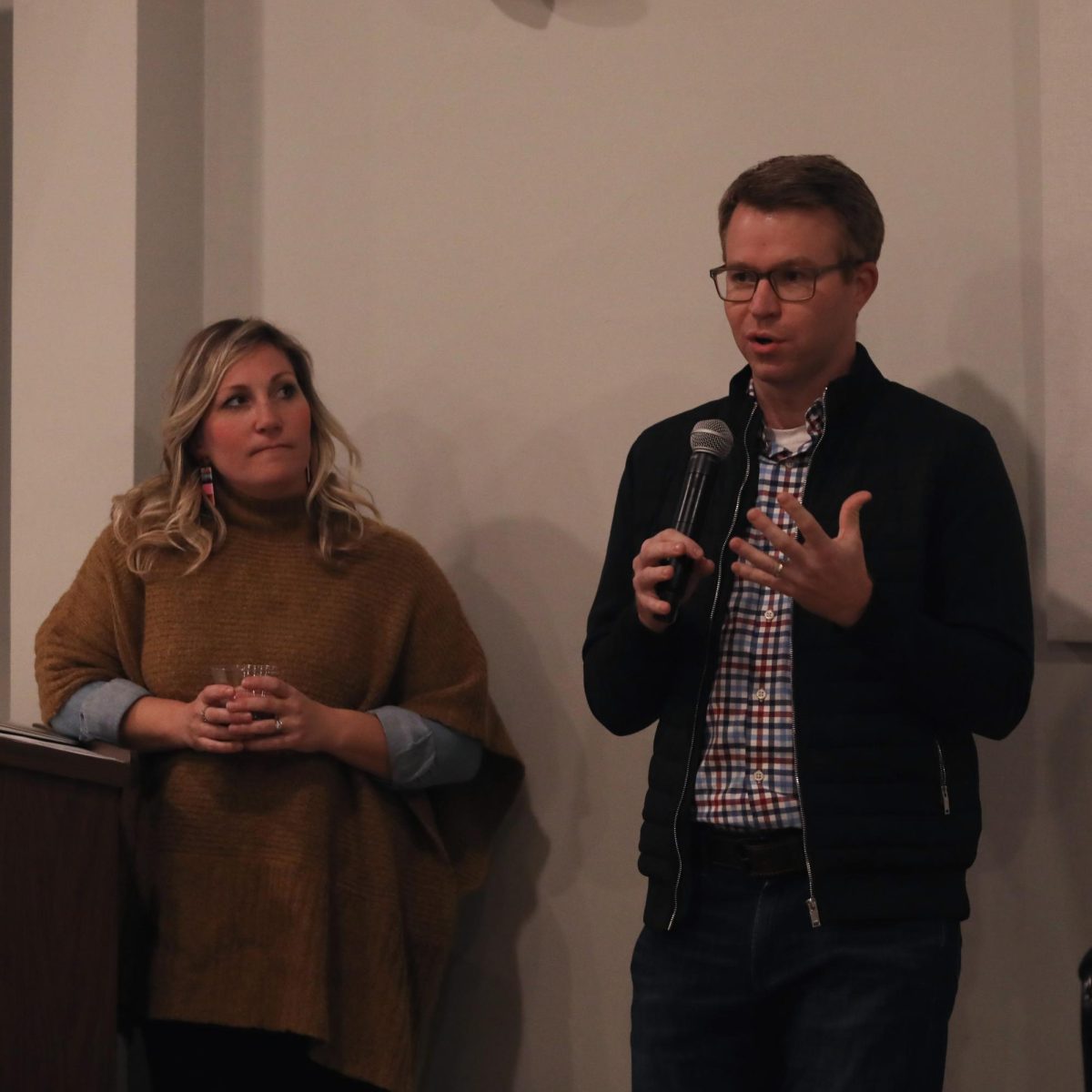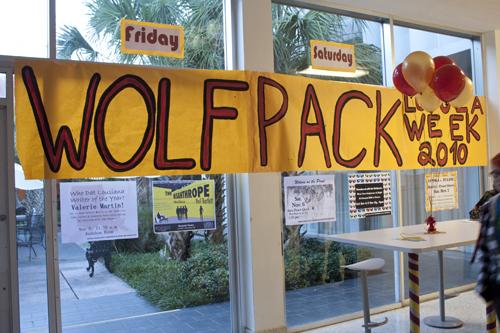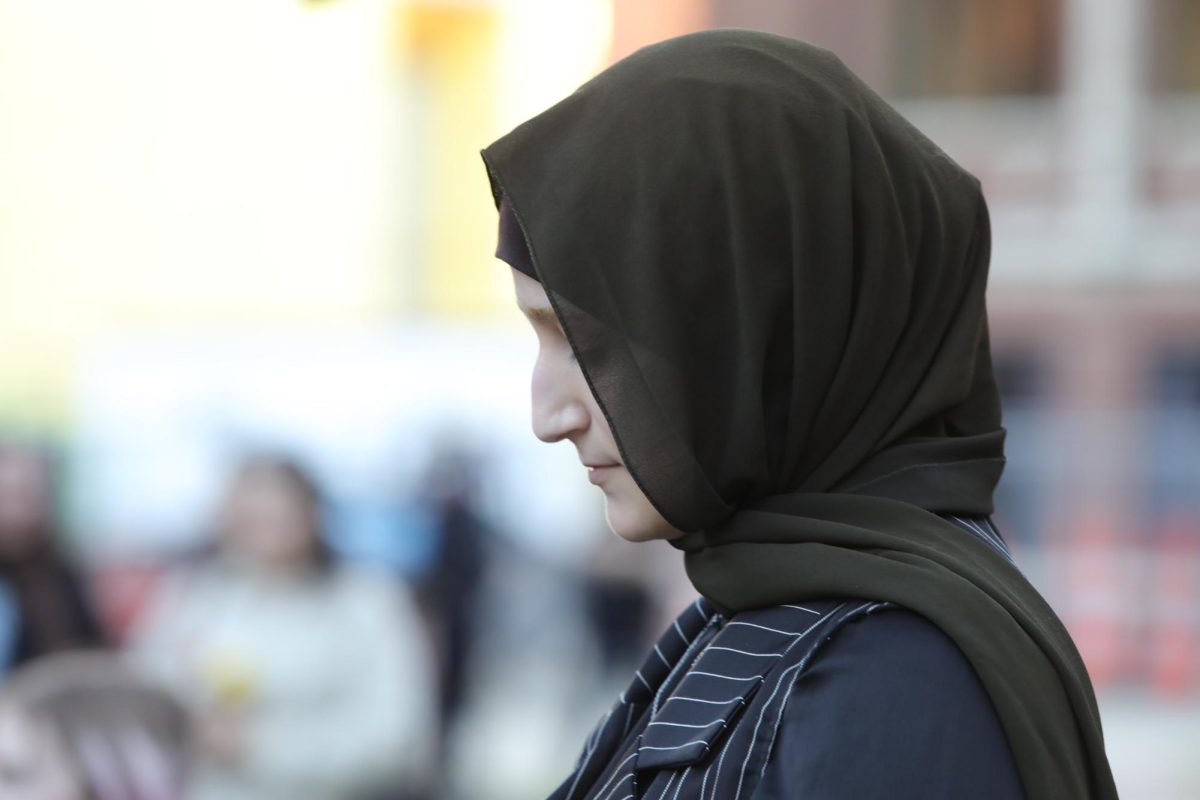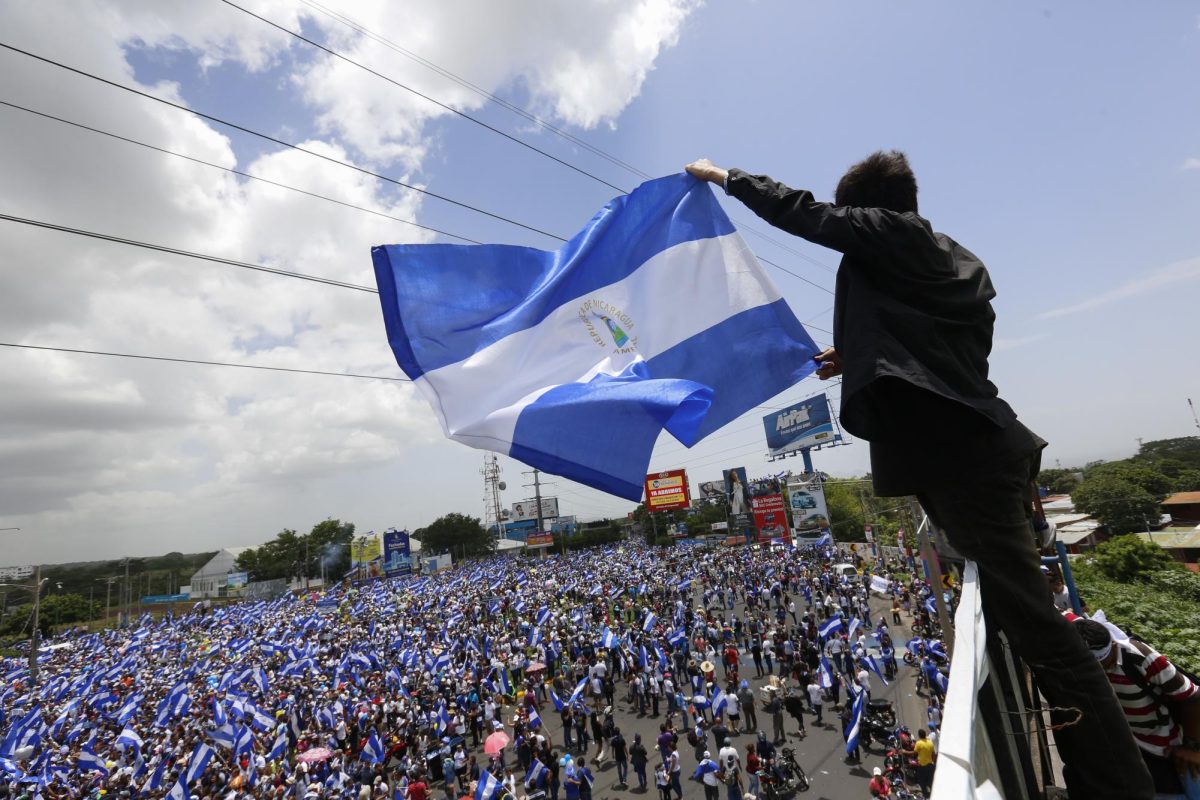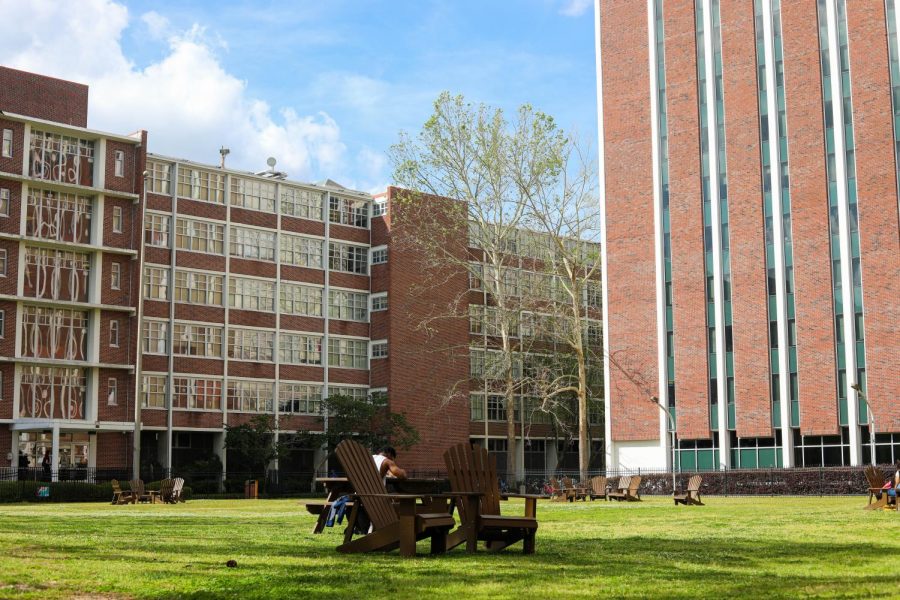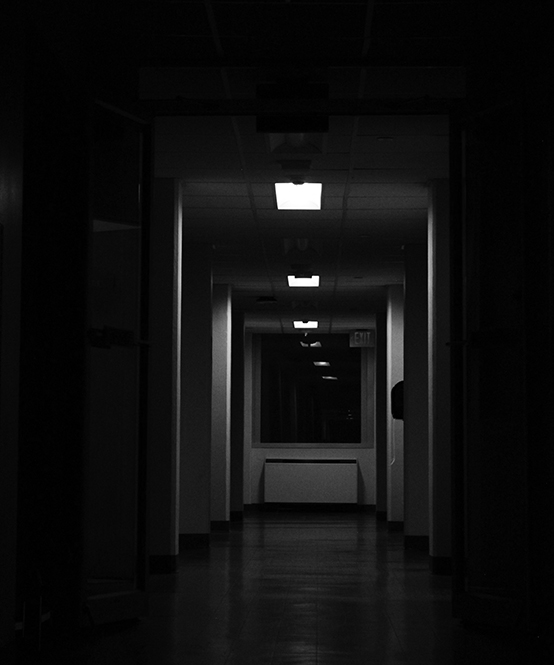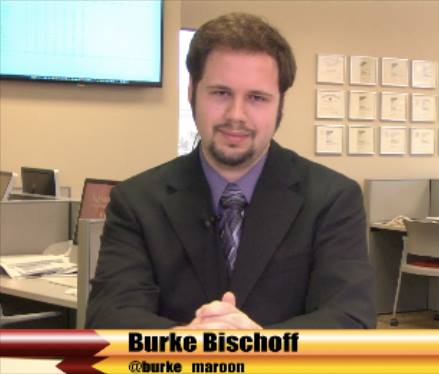With Pope Francis officially starting his ministry March 19, local Jesuits have high expectations for the new pope’s policies and actions.
Many religious thinkers expect Jorge Mario Bergoglio, elected Pope Francis Wednesday, March 13, to fix numerous problems that are facing the Catholic Church today. Two Loyola priests have specific requests on what they feel Francis should improve on in the Church.
The Rev. Peter Rogers, S.J., associate professor of languages, said he wants Pope Francis to address the shortage of priests in the world since John Paul II’s reign as pope.
“We have ordained and married priests in the United States, and that door was opened by John Paul II,” Rogers said. “We have some, but why aren’t there more?”
The Rev. Stephen Rowntree, S.J., associate professor of philosophy, said he would like Pope Francis to go over the Vatican’s sexual ethics teachings, particularly birth control, and the experience the Church has had since the Humane Vitae doctrine was first implemented.
Rowntree also said he wanted Pope Francis to work on reforming the Roman Curia, which is the Catholic Church’s central governing body. The Roman Curia helps the pope exercise his influence and jurisdiction over the Church. Rowntree believes that the Curia is not a well functioning bureaucracy because it is ineffectual with its policies, influence and organization.
“I think there’s been a recentralization of power in the Roman congregations and a real undercutting of teachings that were propounded in Vatican II,” Rowntree said. “It would be great if Pope Francis could go back and particularly give the National Bishops Conferences more say so over local matters, such as liturgical language, and reform the entire Curia.”
Rogers believes that Pope Francis can use his Jesuit education to shape how he will run the papacy. In particular, Rogers thinks that the pope can use his education to open himself to dialogue and discussion with other religious thinkers.
“I think that anyone who is in authority relies upon, as any pope does, on the opinions of theologians and decisions are made in great part upon people who think about the important questions that affect everyone.” Rogers said. “The pope, any pope, does not think in a vacuum.”
“The thought that a new pope, new vision, could look at some old questions is what I would hope for in a new pope, without criticizing or blaming his predecessors for their views,” Rowntree said. “Maybe things are changing.”
Burke Bischoff can be reached at [email protected]


